READY TO GET STARTED?
REQUEST A FREE ESTIMATE
Fill out the form below or call (888) 466-7849 for a free, no-obligation estimate.
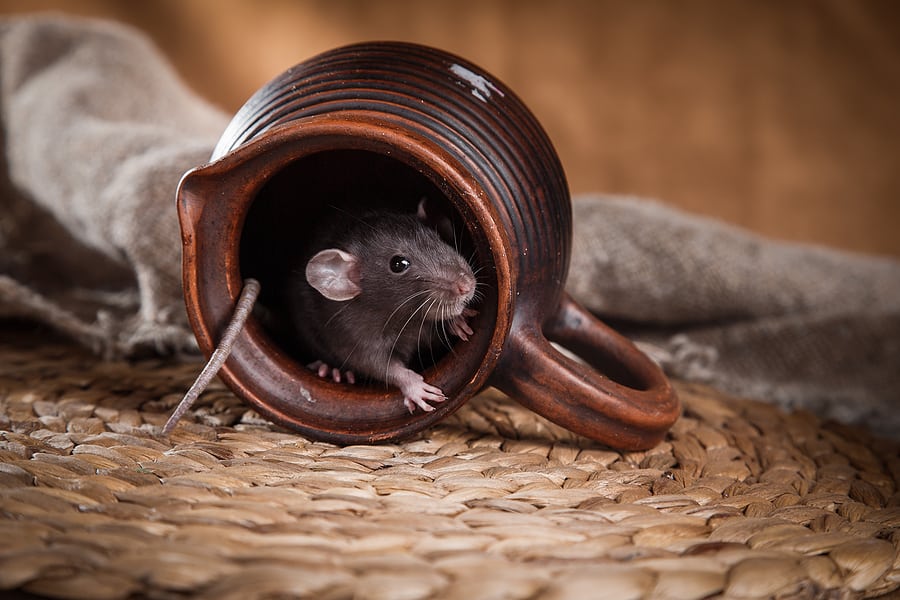
Despite our best wishes, pests don’t just disappear when the weather gets cold. Winter pest control becomes critical to keeping your house protected during the season. Overwintering pests will make their way indoors to escape the cold and have access to a plentiful food supply. Common overwintering pests include roaches, spiders, and rodents.
Overwintering pests pose a threat to both you and your home. They can chew through wires and insulation, contaminate surfaces and food, spread diseases, and trigger allergies and asthma.
Help protect your home with these 14 tips for winter pest control:
If you have a problem with winter pests, contact your local pest control company for a complete evaluation and treatment plan.
How to Prevent Bed Bugs While Traveling
How Do I Prepare For Termite Treatment?
Rodents to Lookout for this Winter
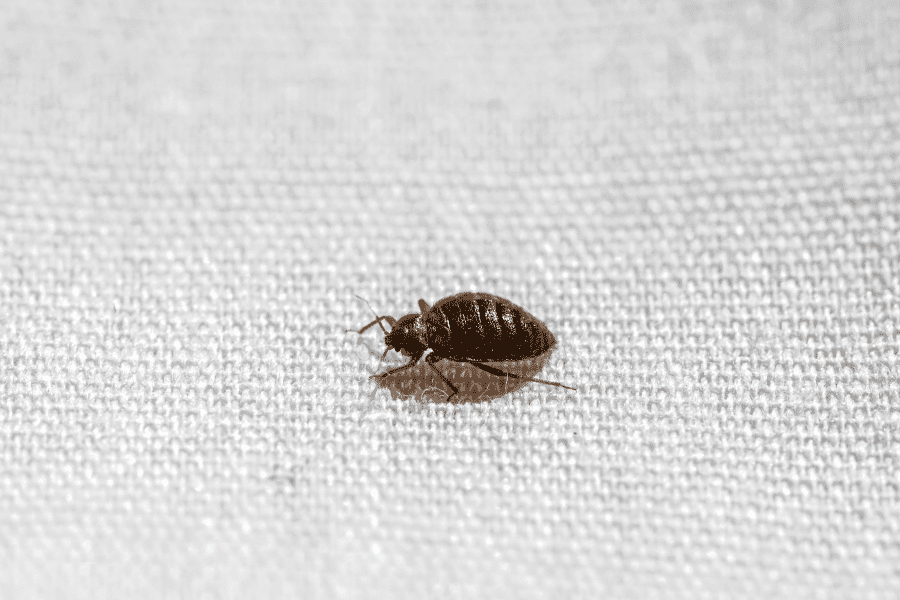
The new year is here and it’s time to get your vacations planned for the upcoming months. Don’t let those vacation plans get ruined by bed bugs! These pests are highly efficient hitchhikers and can move quickly and climb easily into luggage or anything left on a bed in just one night. Hotels and Airbnb’s are the perfect home for bed bugs and are typically where they can be picked up. Here are some tips to prevent bed bugs while traveling!
Once arriving at your home away from home during your vacation, be sure to inspect anything and everything where a bed bug could be hiding. Look for live insects, blood stains, and eggs throughout the room. Typically, with larger infestations, you will notice a sweet, musty odor.
The best place to inspect is the mattress you will be sleeping on. Be sure to take the fitted sheet off the corner of the bed, lift the mattress, and check all the crevices with a flashlight. Other hiding places include baseboards, behind picture frames, and even cracked or ripped wallpaper.
Before using the luggage rack, which you should always use, inspect it for bed bugs. Once cleared, you should then use the rack to keep your luggage elevated off the ground. Keep the rack away from the wall so bed bugs can’t easily climb into your bag.
When beginning to pack for check out, examine your luggage and clothing to make sure you haven’t picked up any extra baggage. A good tip to know is once home, unpack in your garage or outside of your living areas, and put clothes directly in the dryer, as heat is a deterrent for bed bugs.
If you suspect you have returned home from vacation with hitchhikers, reach out to your local, licensed pest control company and receive a FREE bed bug inspection today!
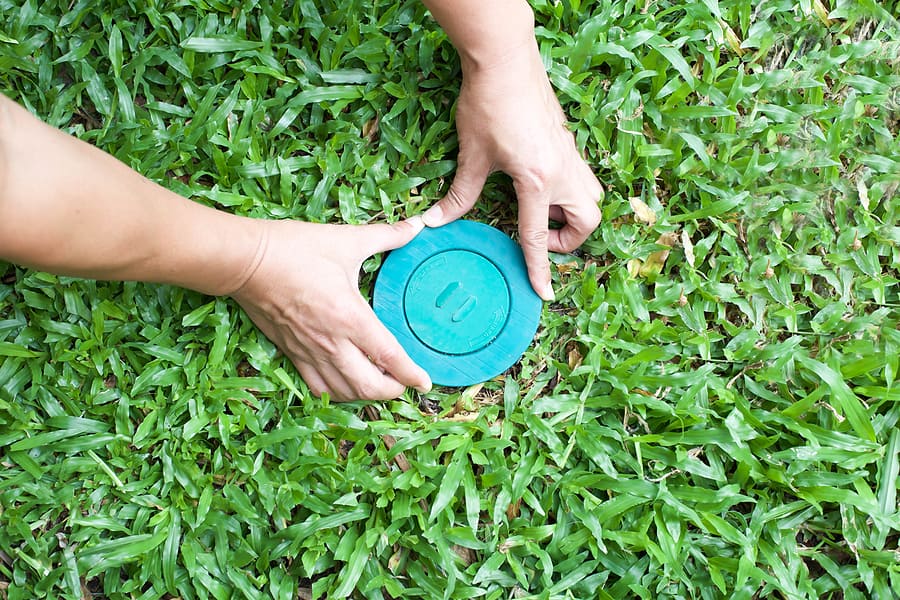
Termites are household pests that can cause significant damage in a short amount of time, leaving homeowners with costly repairs. In fact, most homeowner’s policies do not cover termite damage. There are two major types of termites that cause damage to homes: subterranean termites and drywood termites. The type of termite you are dealing with, along with the size of the colony and extent of the damage all determine what type of termite treatment will be most effective. Preparation of your home will depend on which treatment will be performed.
For liquid-soil treatment, a trench is dug around the perimeter of your home where termiticide is applied and then filled back in. For this type of treatment, no preparation is required.
Bait stations are strategically placed in the ground around your home. These treatments also do not require any preparation.
Fumigant treatments are the most extensive and also require you to prepare your home prior to treatment. During fumigation, a tent will be placed over your home and gas will be released, killing any termites that are present, even those in hard to reach areas. You can get your home ready for fumigation by:
Termites can be difficult to get rid of once an infestation has established. Contact your local pest control company for a termite inspection and appropriate treatment options.
Rodents to Lookout for this Winter
Are Spiders More Common In Winter?
When Does Swarming Season Begin?
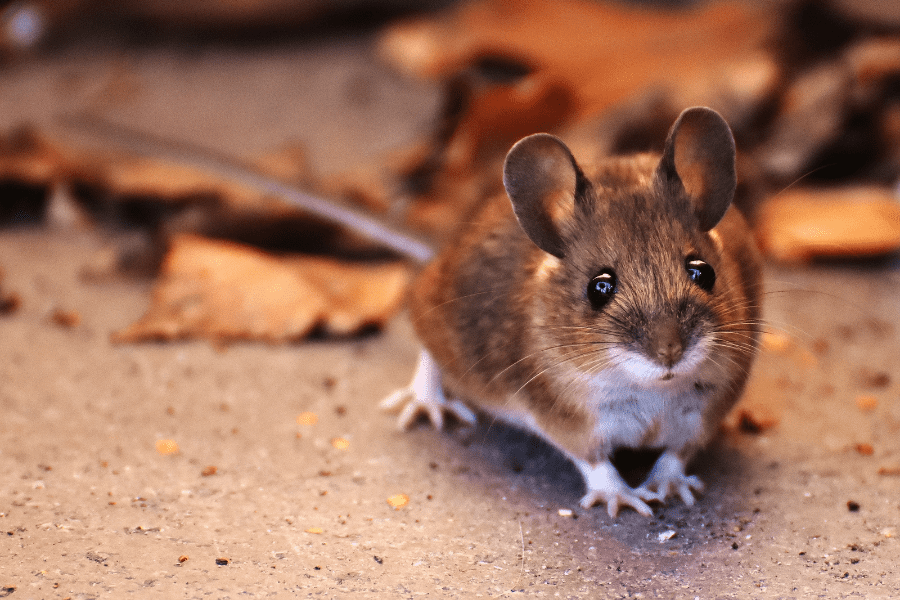
Whether they’re in your basement, attic, crawl space, or even your living space, discovering rodents is never ideal. They carry diseases that can be harmful to you and your family and also cause damage to your home. It’s important to be aware of the signs and types of rodents that can be found in or near your home.
Rodents are never an exciting creature to discover in your home, but how do you know if you have rodents? Here are some signs that rodents could be in your home already:
If you suspect any of these rodents inside your home, consider contacting your local pest control company for a rodent control plan that will help remove, exclude, and prevent them in the future!

The Newnan Service Center came together and provided a family with gifts for Christmas. The team partnered with Coweta F.O.R.C.E to get information about a local family in need. The Newnan team was partnered with a grandmother and her two grandchildren. The grandmother provided information on what her grandchildren would want for Christmas and the team did not disappoint. They gifted new outfits, gift cards, stocking stuffers, and so much more! The family was so grateful for the assistance from the Newnan Service Center.
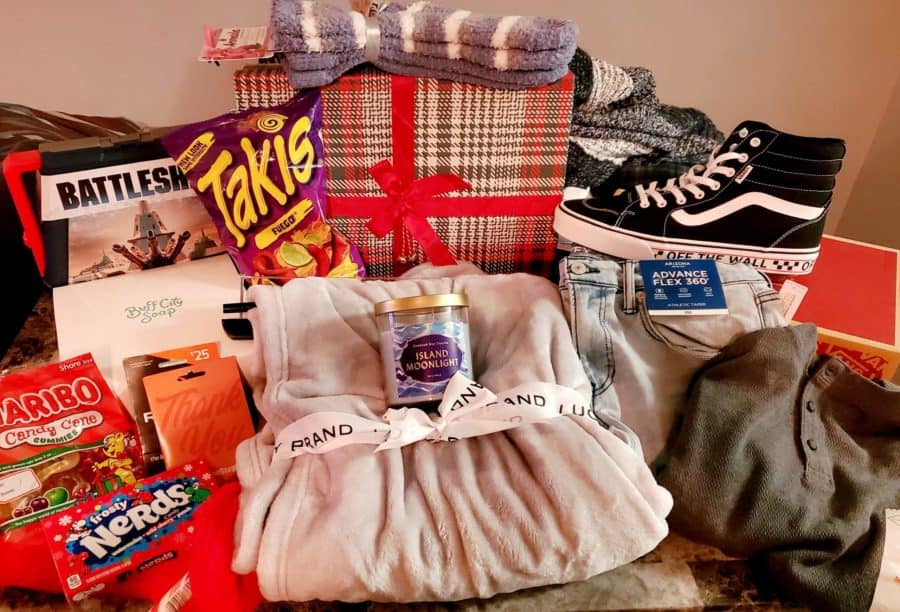
Coweta F.O.R.C.E is an organization that provides recovery support services to individuals and family members impacted by addiction. They were founded to provide services like peer coaching, ally support, budgeting assistance, job assistance, and even education assistance to those in need.
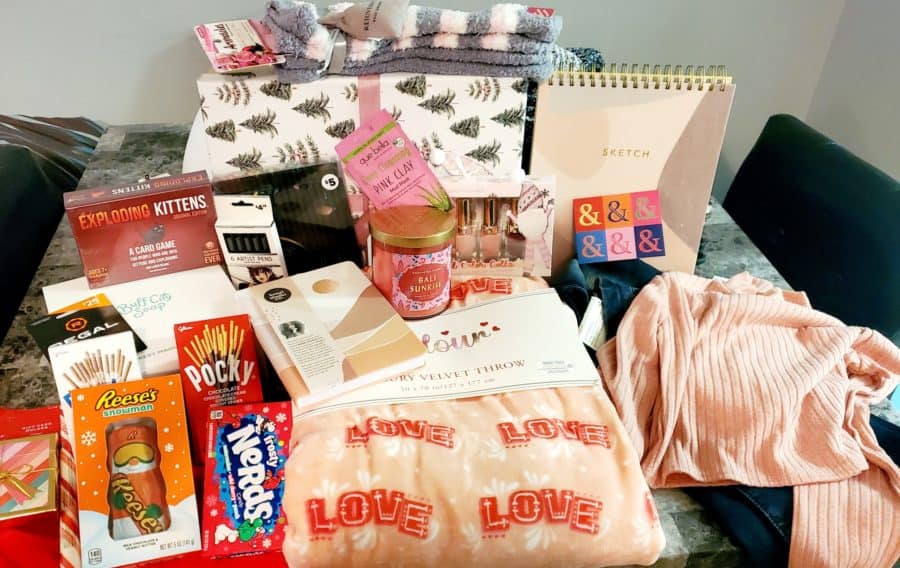
Our team knows how impactful big and small moments to serve are, and they were thankful for the opportunity to serve this family. The team is looking forward to supporting in the next holiday season, and they are already working on their next initiative to help their local community. We are appreciative to have teammates like our Newnan, GA team to always keep inspiring us to make a difference anywhere we can.